The 2nd XPaths National Dialogue in Senegal brought together actors working at local, regional and national scale to define actions towards sustainable futures
Story highlights
- Over 60 participants from different backgrounds and regions across Senegal gathered for a two-day event on February 15-16, 2023 in Dakar
- Aim to bridge the gap between local, regional, and national perspectives to achieve the SDGs in the context of drylands and climate change
- Defined the first steps to implement the top 9 sustainable solutions out of 72
This post is available in: Français & Español
On 15-16 February 2023 in Dakar, 62 actors from various backgrounds and regions in Senegal came together for the second XPaths National Dialogue with a shared aim: to do things differently, together and in partnership, in order to set actions towards desired sustainable futures. This comes in a bid to elevate local knowledge and initiatives happening in Senegalese drylands, to in turn see insights from multi-actor dialogues incorporated in actual action plans.
The second National Dialogue aimed to bridge the gap between local, regional and national perspectives on achieving SDGs in Senegalese drylands. In 2022, XPaths met with representatives from different food production systems; including breeders, farmers, fishermen, women, and youth. Additionally, the team met with representatives of Government, Academia, NGOs, and funding agencies. However, this dialogue was exceptional as it was the first time regional and national actors met with local communities to discuss sustainable alternatives.
As a result, the participants defined the first steps towards implementing the top 9 solutions out of 72 previously identified at local scale. However, as the project progresses, more solutions and actions will be considered and refined.
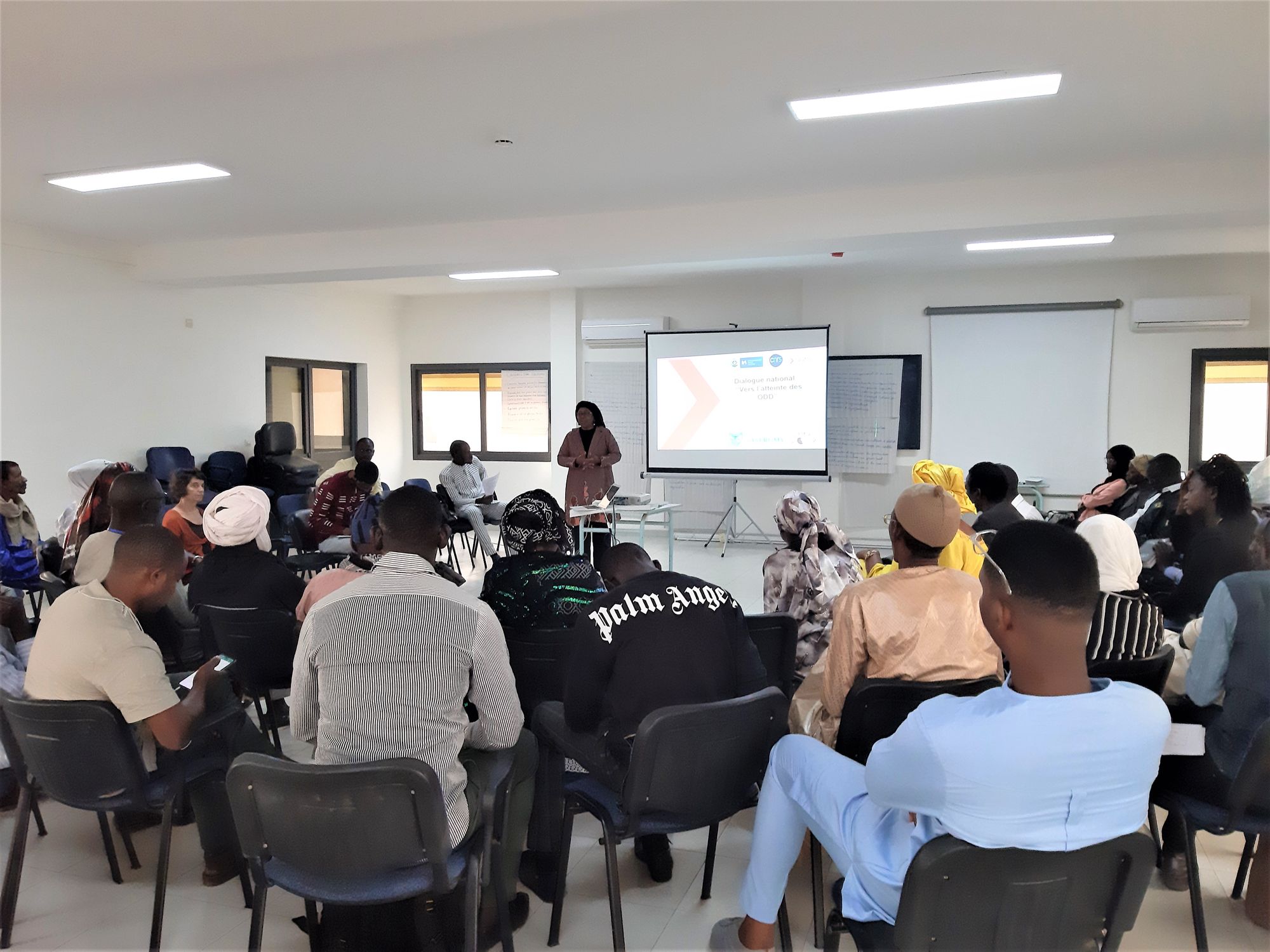
This dialogue focused on prioritizing solutions for food production systems such as agriculture, fishing, and livestock farming. Examples of priority solutions include diversifying water sources, establishing an effective water-supply system for agriculture, and restructuring and formalizing producer organizations into cooperatives for sustainable livestock farming. Likewise, the fishing system could benefit from a conservation center that develops and equips transformation sites for fish products.
During the Dialogue, local actors discussed the feasibility of implementing these priority solutions in the study sites of Bakel, Niayes, and Ranérou. These insights will form the basis for creating action plans that can contribute to short-term actions and policies within the 2030 Agenda timeframe, while generating broader societal discussions about the necessary transformative changes.
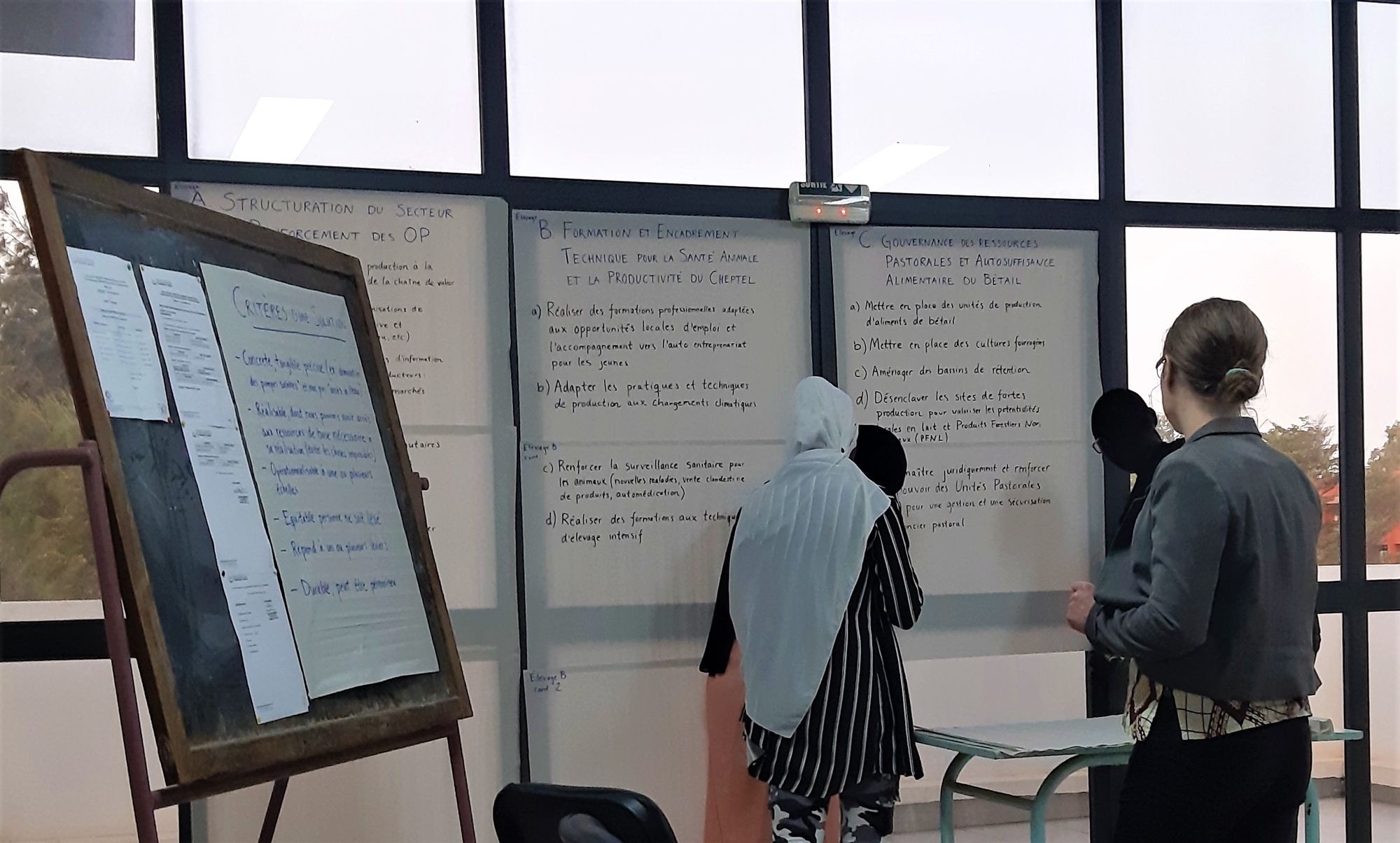
In the first day, participants were introduced to Causal Loop Diagrams (CLDs), which were built by XPaths team and participants from previous dialogues. CLDs are system representations that illustrate the structures of systems underlying present social and ecological problems. Throughout the National Dialogue, CLDs were used as a visual and analytical tool to explore interventions that can transform the system, which are here known as potential solutions.
Cross-scale participatory approaches grounded in systems thinking are a promising way to link local realities and aspirations with global goals”
David Collste, Post-doctoral researcher at Stockholm Resilience Centre
The achievement of the SDGs requires all hands on deck!
The second National Dialogue embodied the spirit of SDG 17 by recognizing the importance of cross-scale partnerships in supporting the achievement of other SDGs. This goal calls for strengthened implementation methods and revitalizing the Global Partnership for Sustainable Development.
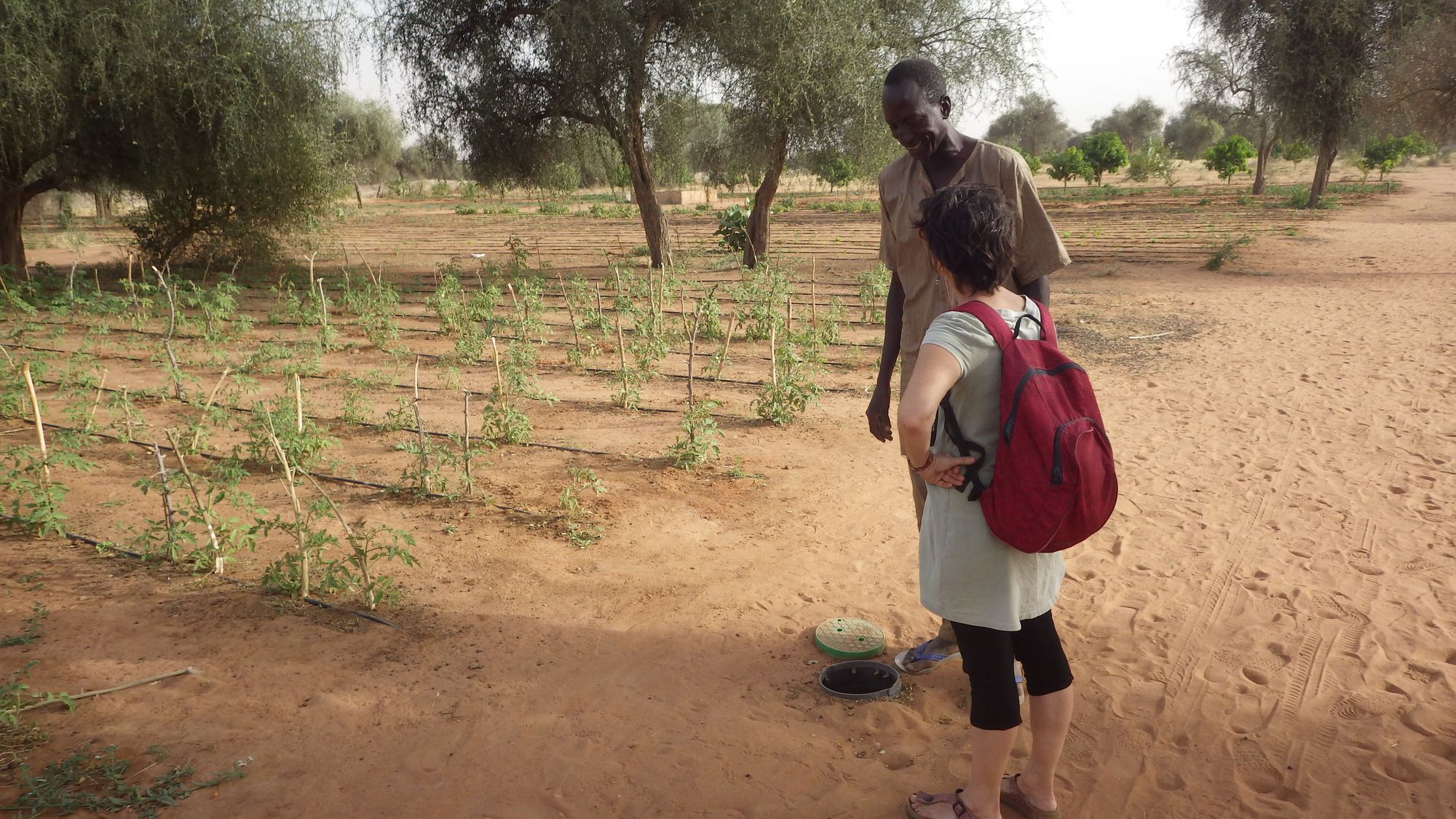
SDG 17 was at the core of this National Dialogue, as participants agreed that successful action plans require cooperation among different sectors and actors by building trust and by pooling resources and knowledge.
By exchanging ideas with actors from other study sites during the National Dialogue, we can establish a community of best farming practices"
Farmer participant from Bakel, Senegal
XPaths team exemplified sustainability by organizing their event with locally-produced food and aiming for zero waste. They featured a tasting of moringa-based food from the Union for the Development of the Women of Yoff (UDEFY) in collaboration with the Sustainable Food and Agroecology in Africa project.
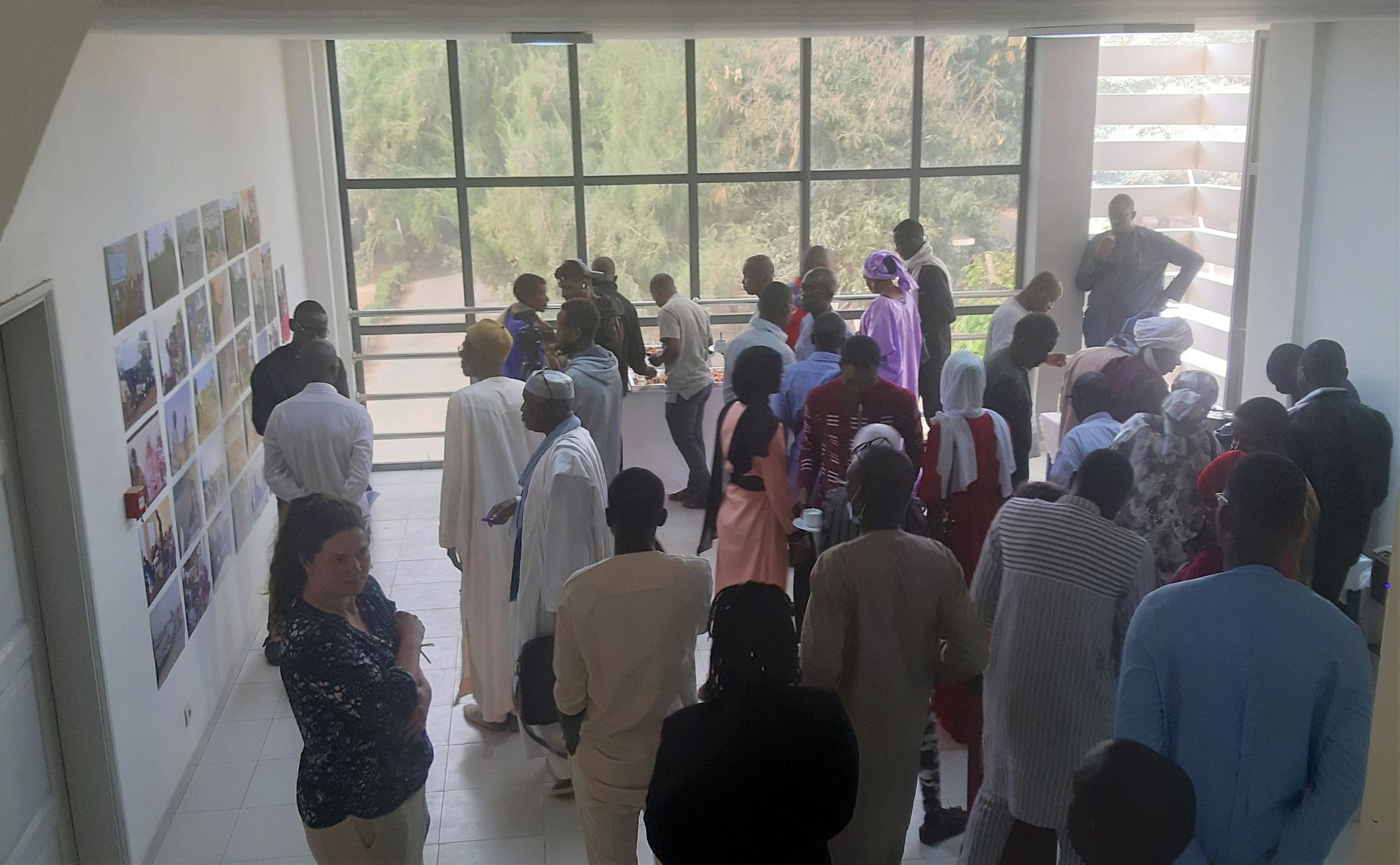
Next steps
Starting from March 3rd, the team will return to the field to present the results of the 2nd National Dialogue to local actors and discuss their applicability in the study sites. As we enter in third phase of the project (See XPaths work diagram below), the focus is now on refining solutions and creating multi-scale action plans to reach SDGs in the drylands of Senegal.
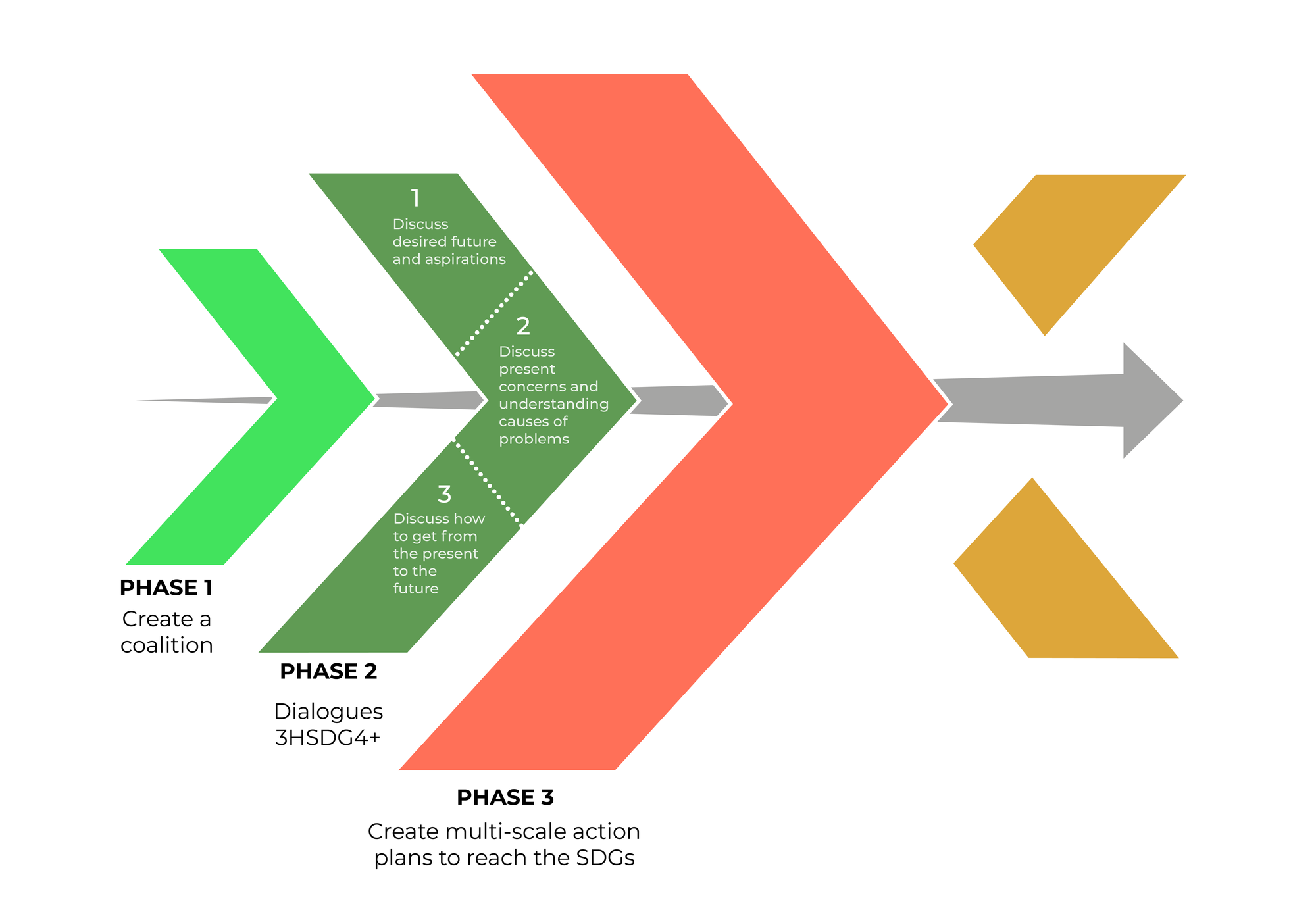
A report on the 2nd National Dialogue in Senegal will be available by the end of March 2023. For more detailed information, please refer to the agenda below (Only available in French).
Comments